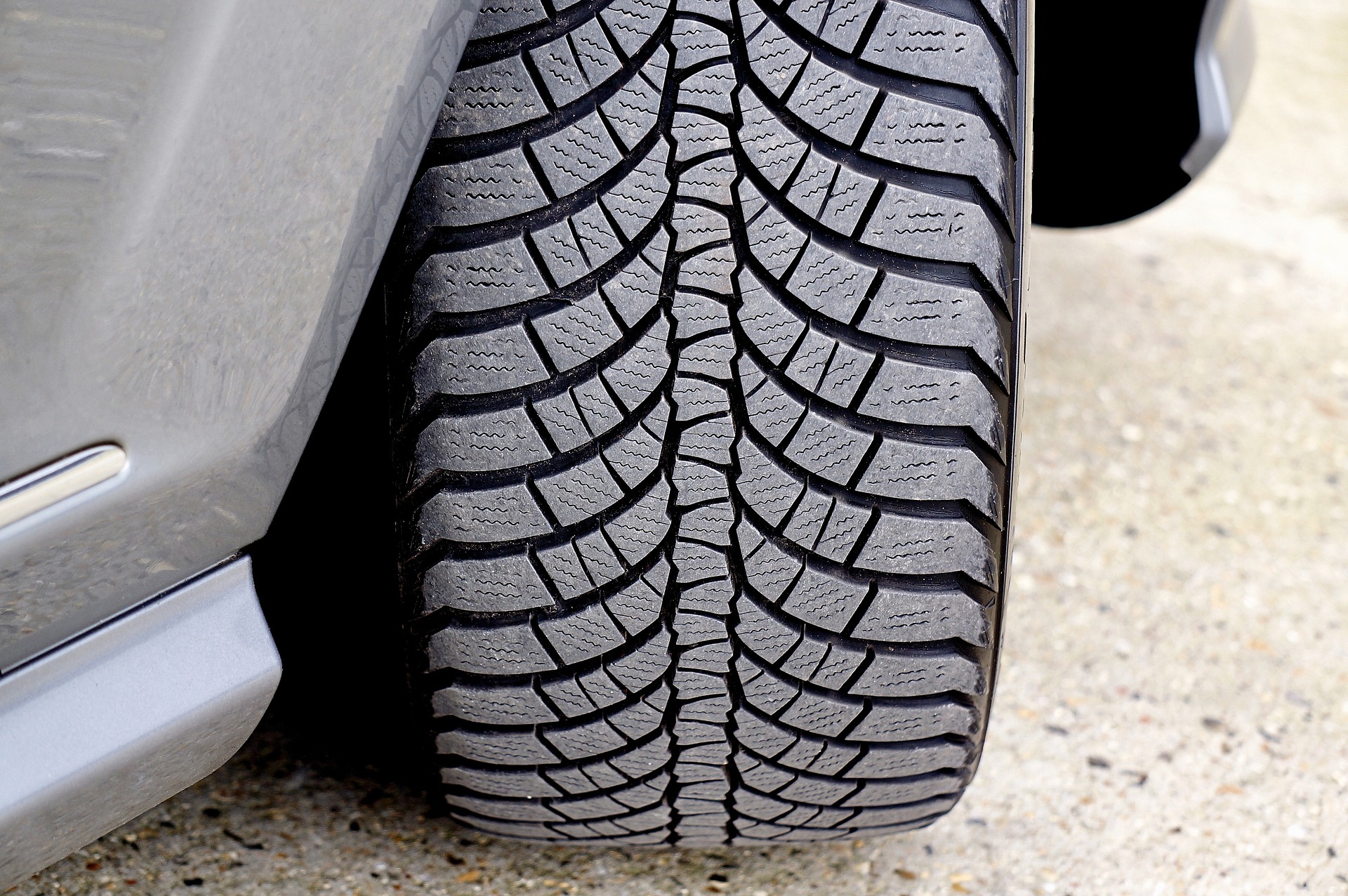A Comprehensive Guide to Buying Tires
When it comes to replacing tires, many people struggle with choosing the right brand, which can be quite confusing. Having the right tires for your car offers many benefits, including better fuel economy, improved traction, a smoother ride, reduced noise, and improved performance, but most importantly, the safety of those in and around the car. Only the best fit is right for you. Each brand has its own strengths and weaknesses, so finding the right tire for your car is key.
Purchasing new tyres is a significant investment in your vehicle’s performance and safety. The right set of tyres can improve fuel efficiency, handling, and provide peace of mind during various driving conditions. However, with countless options available in the UK and beyond, making an informed decision requires understanding several key factors about tyre selection, sizing, and performance characteristics.
Understanding Tyre Size and Specifications
Tyre size comparison is essential when shopping for new tyres. The alphanumeric code on your tyre’s sidewall contains vital information about its dimensions and capabilities. For example, a tyre marked 215/65R16 95H tells you it has a width of 215 millimeters, an aspect ratio of 65%, a radial construction (R), a 16-inch wheel diameter, a load index of 95, and a speed rating of H.
Knowing how to read these numbers ensures compatibility with your vehicle. The owner’s manual typically lists recommended tyre sizes, but you can also find this information on the driver’s side door jamb or inside the fuel door. When comparing sizes, remember that even small variations can affect vehicle handling, speedometer accuracy, and clearance.
Different Types of Tyres for Various Driving Needs
Tyres are designed for specific driving conditions and vehicle types. All terrain tyres offer versatility for drivers who frequently transition between paved roads and light off-road conditions. These tyres feature aggressive tread patterns that provide traction on mud, gravel, and dirt while maintaining reasonable on-road comfort and noise levels.
Other common tyre categories include:
- All-season tyres: Balanced performance in various conditions but not specialised for extreme weather
- Winter/snow tyres: Designed with special compounds and tread patterns for cold-weather grip
- Performance tyres: Optimised for handling and responsiveness at higher speeds
- Touring tyres: Focused on comfort, low noise, and longevity for everyday driving
Selecting the right tyre type depends on your typical driving environment, seasonal weather patterns, and performance priorities.
Top Tyre Brands and Their Specialties
Michelin tyres are renowned for their innovation, longevity, and performance across various categories. The French manufacturer offers premium options like the CrossClimate for all-season reliability, the Pilot Sport series for performance enthusiasts, and the Alpin for winter conditions. Michelin’s tyres typically command higher prices but often deliver longer tread life and advanced technologies that can provide value over time.
Tyre Firestone products, manufactured by Bridgestone since 1988, offer a balance of performance and affordability. Their Destination line serves SUV and light truck owners, while the Multiseason provides all-weather versatility. Firestone has established itself as a mid-range option that delivers reliable performance without the premium price tag of some competitors.
Other notable brands in the UK tyre market include Continental, Pirelli, Goodyear, and Dunlop, each with their own strengths in specific tyre categories.
When to Replace Your Tyres
Knowing when to replace your tyres is crucial for safety. The 20p test is a simple way to check tread depth—insert a 20p coin into the tread groove. If you can see the outer band of the coin, your tread depth is below the legal minimum of 1.6mm, indicating it’s time for replacement.
Beyond tread wear, watch for these warning signs:
- Bulges or blisters on the sidewall
- Excessive vibration while driving
- Uneven wear patterns (which may also indicate alignment issues)
- Tyres older than six years, regardless of tread depth
- Visible cracks in the rubber
Regular tyre maintenance, including proper inflation and rotation every 8,000-12,000 kilometres, can extend tyre life significantly.
Comparing Tyre Costs and Value
Tyre pricing varies significantly based on size, brand, performance category, and warranty coverage. Economy tyres might start around £40-£60 per tyre, while premium options from manufacturers like Michelin can exceed £150-£250 each for passenger vehicles. SUV and light truck tyres typically cost 15-30% more than comparable passenger car tyres.
| Brand | Entry-Level Model | Mid-Range Model | Premium Model |
|---|---|---|---|
| Michelin | £90-120 | £120-180 | £180-280+ |
| Firestone | £60-90 | £90-140 | £140-200 |
| Goodyear | £70-100 | £100-160 | £160-240 |
| Continental | £80-110 | £110-170 | £170-260 |
| Pirelli | £75-105 | £105-165 | £165-250 |
Prices, rates, or cost estimates mentioned in this article are based on the latest available information but may change over time. Independent research is advised before making financial decisions.
When evaluating cost, consider the total value rather than just the initial price. Premium tyres often deliver better fuel efficiency and longer tread life, potentially offering better long-term value despite higher upfront costs. Many retailers also offer fitting packages that include mounting, balancing, and sometimes road hazard warranties.
Tips for Purchasing Tyres in the UK
The UK tyre market offers numerous purchasing options for consumers. Large national chains like Kwik Fit, ATS Euromaster, and National Tyres compete with local independent garages and dealerships. Online retailers such as Blackcircles.com and Tyresonthedrive.com have grown in popularity, often offering competitive pricing and the convenience of mobile fitting services.
Before making a purchase, consider these tips:
- Research and compare prices across multiple retailers
- Look for seasonal promotions or manufacturer rebates
- Check if fitting costs are included in the quoted price
- Inquire about road hazard warranties or protection plans
- Verify the manufacturing date (tyres should be less than one year old)
- Consider purchasing all four tyres simultaneously for optimal handling
Many retailers also offer price-matching policies, so having quotes from competitors can help negotiate the best deal.
Selecting the right tyres involves balancing performance needs, driving conditions, and budget considerations. By understanding tyre specifications, comparing options from reputable brands like Michelin and Firestone, and knowing when replacement is necessary, you can make an informed decision that enhances your vehicle’s safety and performance. Remember that proper maintenance after purchase will maximise your tyre investment and ensure reliable service throughout their lifespan.





